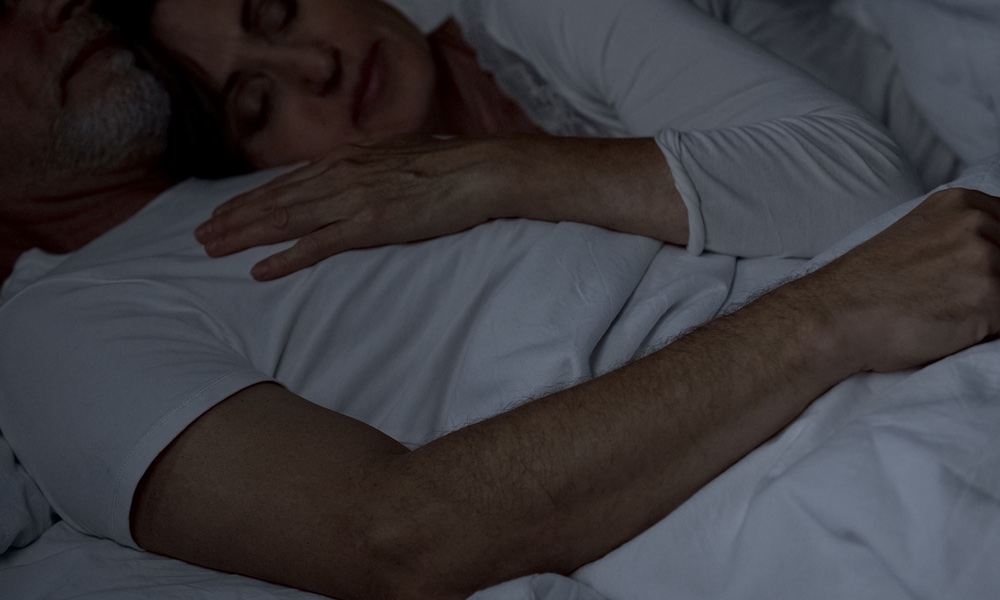Couples often vow to sustain their love, “In sickness and in health,” but that may apply mostly to women, it seems. Illness is tough on relationships, and men seem to find it especially difficult to remain in a relationship when their wives become ill.
The case of Elizabeth Edwards is a good example. Shortly after her husband secured the Democratic nomination for vice president in 2004, Elizabeth Edwards announced that she had been diagnosed with breast cancer. Three years later around the time she announced that her cancer had returned, it was also revealed that her husband had had an affair and a child with filmmaker Reille Hunter. The couple separated.
Researchers Amelia Karraker, a postdoctoral fellow at the University of Michigan’s Institute for Social Research, and Kenzie Latham, of Indiana University-Purdue University Indianapolis, found that when coping with a serious illness, women were more likely than men to be coping simultaneously with the stress of divorce.A serious diagnosis can affect the dynamics within a marriage and the psychological well-being of both partners.
Karraker and Latham looked at 20 years of data on 2,717 marriages to determine how the diagnosis of cancer, heart disease, lung disease, or stroke affected these unions. They found that 31 percent of them ended in divorce. They found that women were twice as likely as men to face marital dissolution as they were coping with serious illness.
“We thought there would be maybe an elevated divorce risk when husbands or wives became sick, but we were not expecting it to be as strongly gender specific as it was,” said Karraker.
Not only are women more likely to get divorced if they become sick than if their husband gets sick, they are more likely to become widowed. As couples age, new chronic illnesses increase over time, and men were more likely than their wives to become sick.
Karraker offered a couple of possible explanations for this gender discrepancy. Women are caregivers throughout their lives; it is a typical role for women to play. But men are less experienced with caregiving, especially older men. If the wife isn’t getting the care she needs, it could be because the husband is unhappy with being the caregiver.
Clearly, spousal caregivers need support. Physicians and mental health professionals should give seriously ill patients and their partners the chance to talk about what they are experiencing, said Karraker. It is also important for people to be encouraged to reach out to mental health professionals as well, she added.
Friends and family need to make themselves aware of the changing dynamics in a marriage when a spouse is sick. It's important to talk to both the person who is ill and the care-giving spouse, asking each, separately, about what is going on. Offers of help are important, too.
Burnout is common. Family members and friends need to step in so caregivers can take a break. It is also important to help the couple find ways to do some of the things that they used to do together. “This kind of social support is really important,” said Karraker.
Karraker and Latham presented their findings recently at the annual meeting of the Population Association of America.




